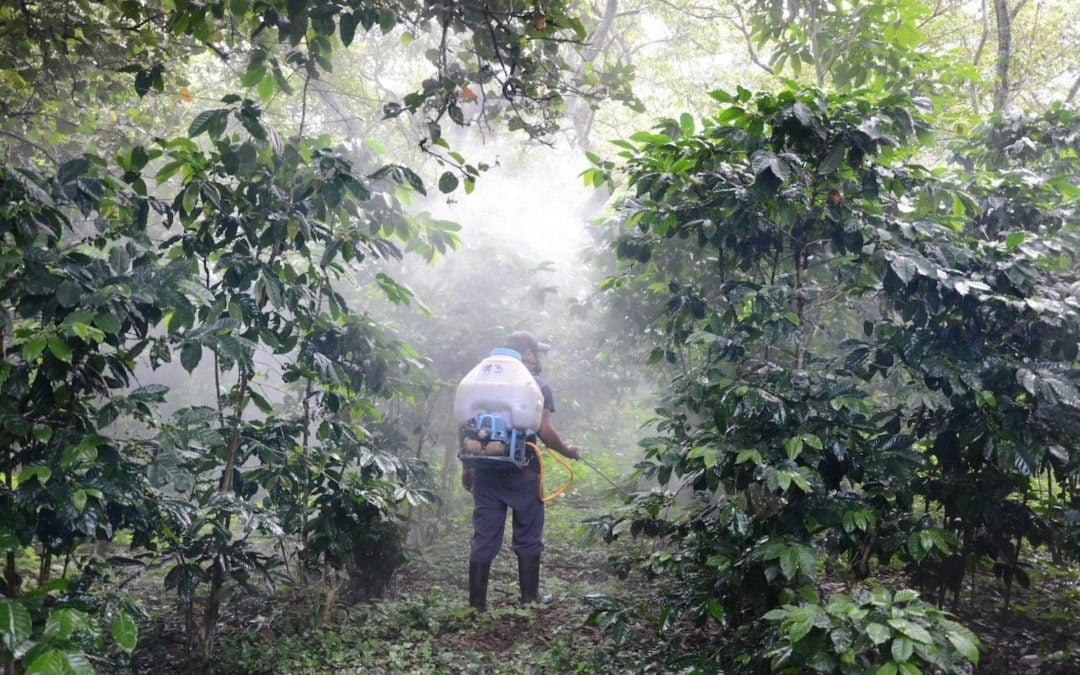Organic?
What does the word organic actually mean? The Cambridge Dictionary defines it as “not using artificial chemicals in the growing of plants and animals for food and other products”. Speciality coffee is entering a new age in which products and methods of production are scrutinised by the eco-friendly and health conscious. The movement towards organic is a positive one.
The demand across the globe for coffee (of any kind) is colossal. There are 170,000,000 60kg bags required each year to supply everyone’s caffeine hit across the globe. This huge demand means that farming methods have to be assessed and transformed into a style that allows larger scale production but does not consider environmental and human health. Unfortunately, pesticides and other chemicals are used to help with this. The farmers themselves suffer through the introduction of chemical spraying too!
The Organic Coffee Scene
Enter organic coffee production. Organic coffee doesn’t use synthetic fertilisers. This means that the coffee, the air, the plants, the land, the water, the farmers, and the coffee-drinking masses are not exposed to any toxic substances. Instead, organic coffees are grown using organic fertilisers. These include compost, manure, or even coffee pulp (ironically).
The taste of coffee is obviously an important factor, and organic coffee just tastes different. Most organic coffees are shade-grown, which allows them to grow for longer and become richer with taste! Sun-grown coffee produces a much larger yield and is better for the revenue of the farmer, but the environmental benefits and the quality are noticeably less. Another reason for the taste differences is that synthetic fertilisers destroy the soil that the coffee is grown in, and the coffee qualities that come from the soil are completely removed.
So organic coffees are certainly healthier for you to drink, far better for the environment, 1far better for the suppliers, so get behind the organic coffee movement today!

